250 identifiers
1/203
There's no tags or description
Looks like no tags are added yet.
Name | Mastery | Learn | Test | Matching | Spaced |
|---|
No study sessions yet.
204 Terms
apollo 11 stones
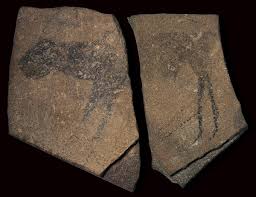
25000 BCE
namibia
charcoal on stone
great hall of the bulls
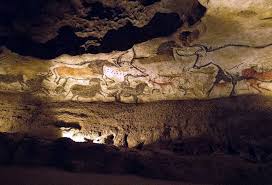
14,000 BCE
lascaux france
paleolithic europe
rock painting
camelid sacrum in shape of a canine
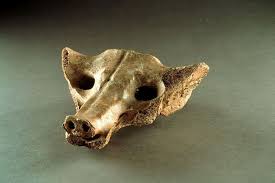
10000 BCE
central mexico
bone
running horned woman
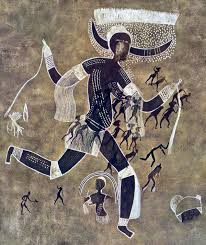
5000 BCE
algeria
pigment on rock
beaker w ibex motifs
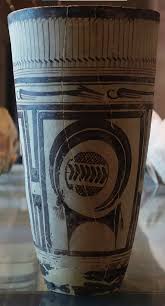
4000 BCE
susa, iran
painted terra cotta
anthropomorphic stele
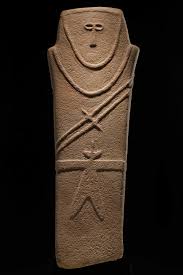
fourth millennium BCE
arabian peninsula
sandstone
jade cong
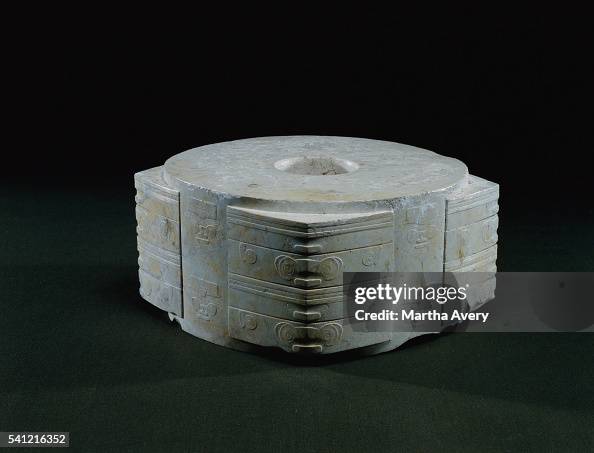
3000 BCE
liangzhu, china
carved jade
stonehenge
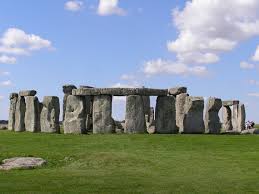
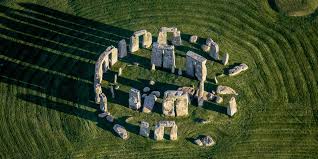
2000 BCE
wiltshire, UK
neolithic europe
sandstone
the ambum stone
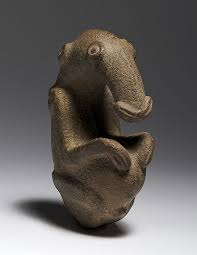
1500 BCE
ambum valley, papua new guinea
greywacke
tlatilco female figurine
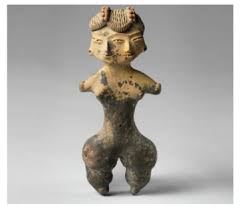
1200 BCE
tlatilco, central mexico
ceramic
terra cotta fragment
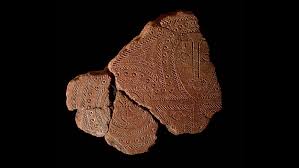
100 BCE
lapita people of the reef islands, solomon islands
incised terra cotta
white temple & its ziggurat
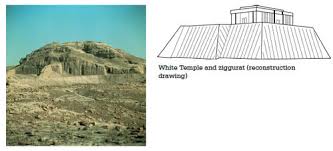
3500 BCE
sumerian
uruk, iraq
mud brick & bitumen
palette of king narmer
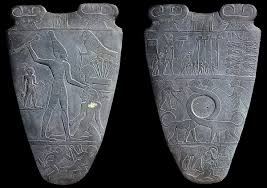
3000 BCE
predynastic egypt
greywacke
statues of votive figures
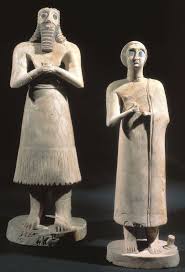
2700 BCE
sumerian
square temple at eshunna
gysum inlaid w shell & black limestone
seated scribe
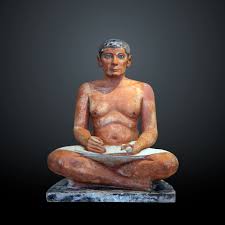
2500 BCE
old kingdom, fourth dynasty
saqqara, egypt
painted limestone
standard of ur
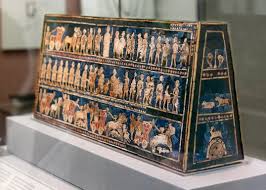
2600 BCE
sumerian
royal tombs of ur, iraq
wood inlaid w shell, lapis lazulli, red limestone
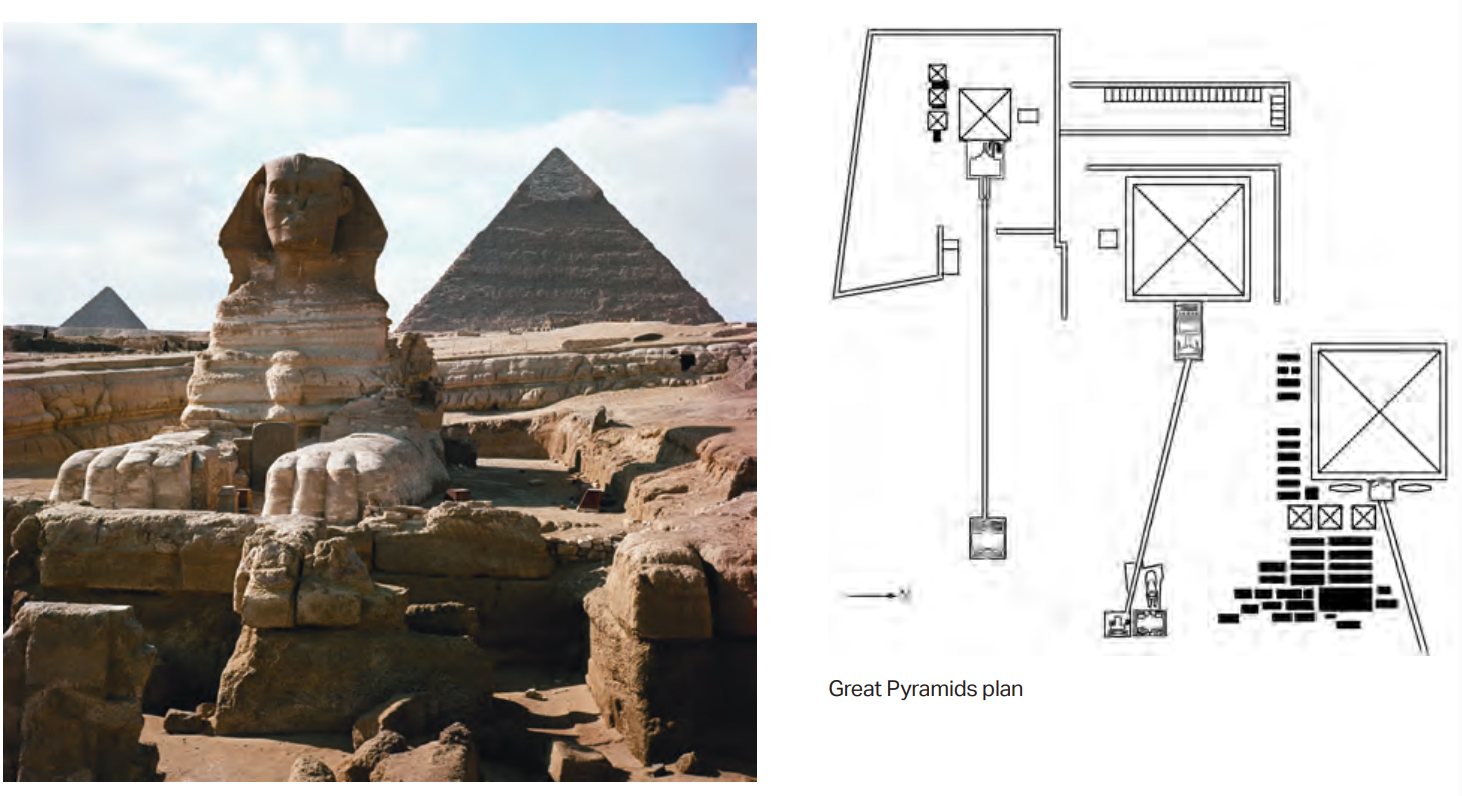
great pyramids (menkaure, khafre, khufu) & great sphinx
2550 -2490 BCE
old kingdom
giza, egypt
cut limestone
king menkaura & queen
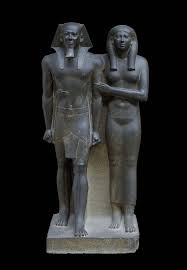
2490 BCE
old kingdom, fourth dynasty
greywacke
the code of hammurabi
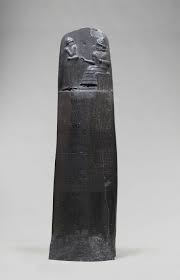
1750 BCE
susian
babylon
basalt
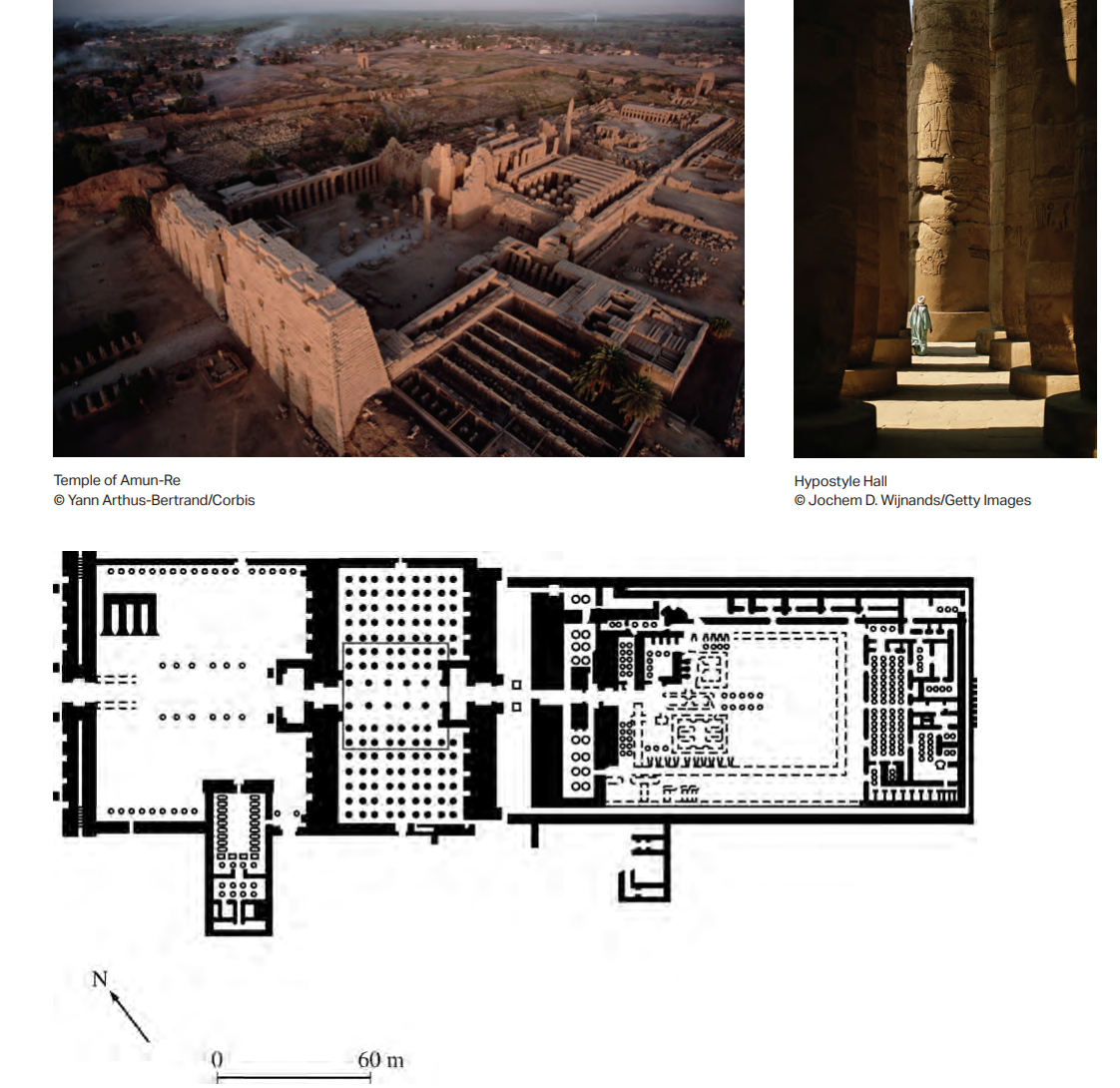
temple of amun-re & hypostyle hall
1550 - 1250 BCE
new kingdom
karnak, egypt
cut sandstone & mud brick
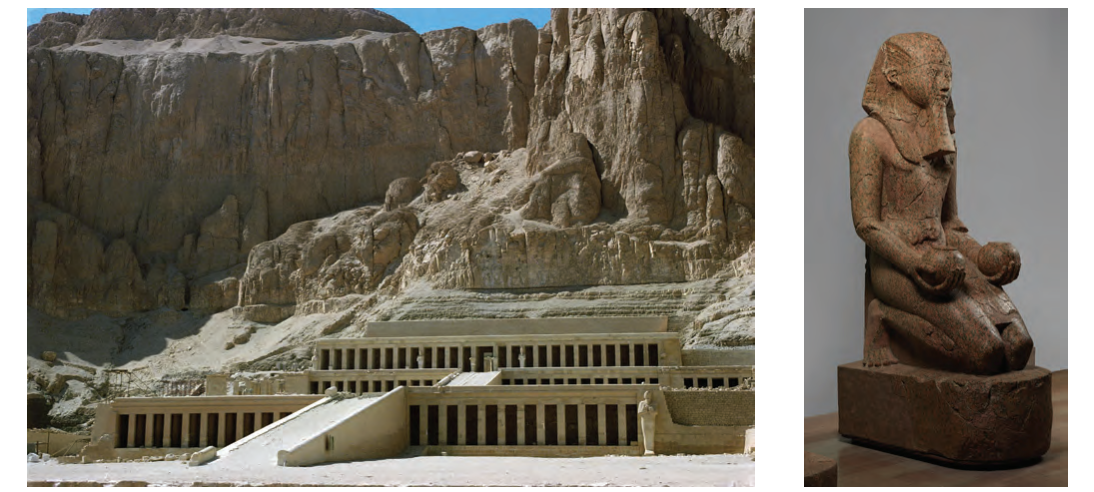
mortuary temple of hatshepsut
1460 BCE
new kingdom
by luxor, egypt
sandstone partially carved into rock cliff, and red granite
akhenaten, nefertiti, & three daughters
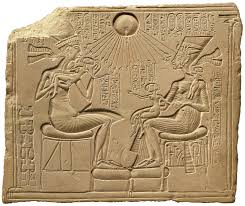
1340 BCE
new kingdom (amarna)
limestone
tutankhamun’s tomb, innermost coffin
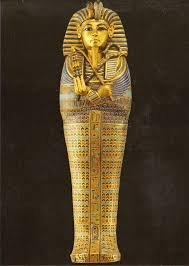
1323 BCE
new kingdom
gold w inlay of enamel & semiprecious stones
last judgement of hunefer from his tomb (page from book of the dead)
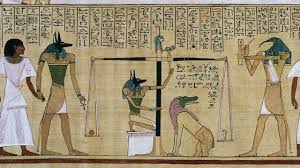
1275 BCE
new kingdom
painted papyrus scroll
lamassu from citadel of sargon II
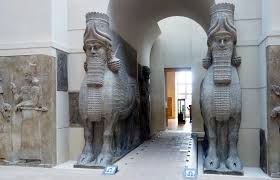
720 BCE
neo-assyrian
alabaster
athenian agora
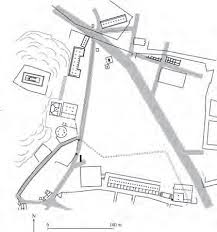
600 BCE
archaic through hellenistic greek
plan
anavysos kouros
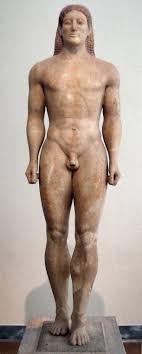
530 BCE
archaic greek
marble w remnants of paint
peplos kore from the acropolis
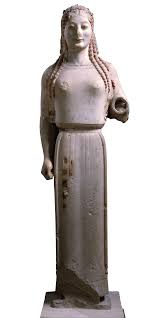
530 BCE
archaic greek
marble, painted details
sarcophagus of the spouses
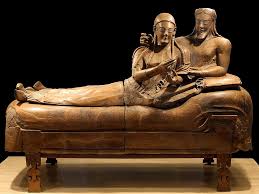
520 BCE
etruscan
terra cotta

audience hall (apadana) of darius & xerxes
520 BCE
persian
persepolis, iran
limestone
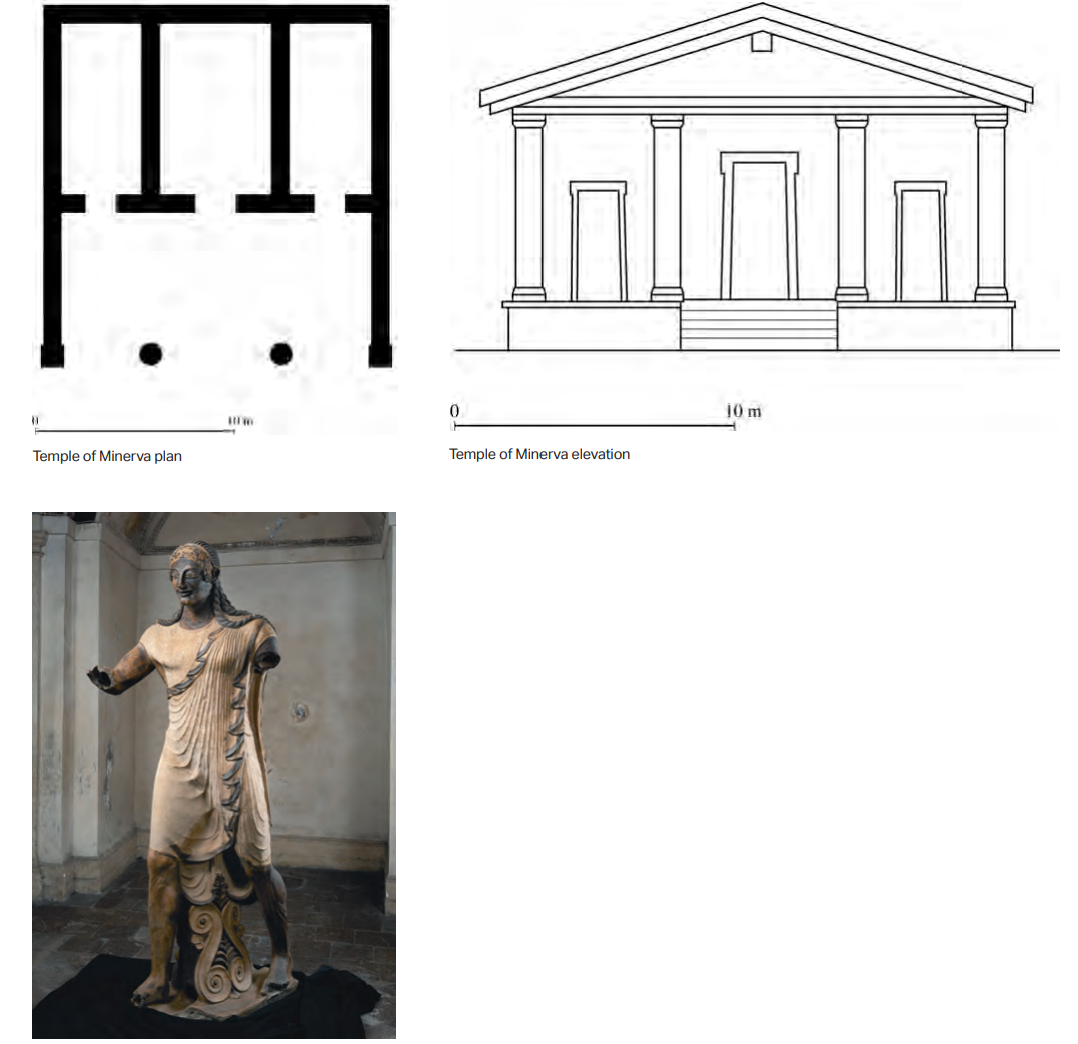
temple of minerva & sculpture of apollo
master sculptor vulca
500 BCE
veii, italy
wood, mudbrick or tufa, terra cotta sculpture
tomb of the triclinium
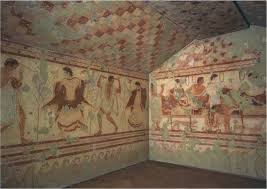
480 BCE
etruscan
tarquina, italy
tufa & fresco
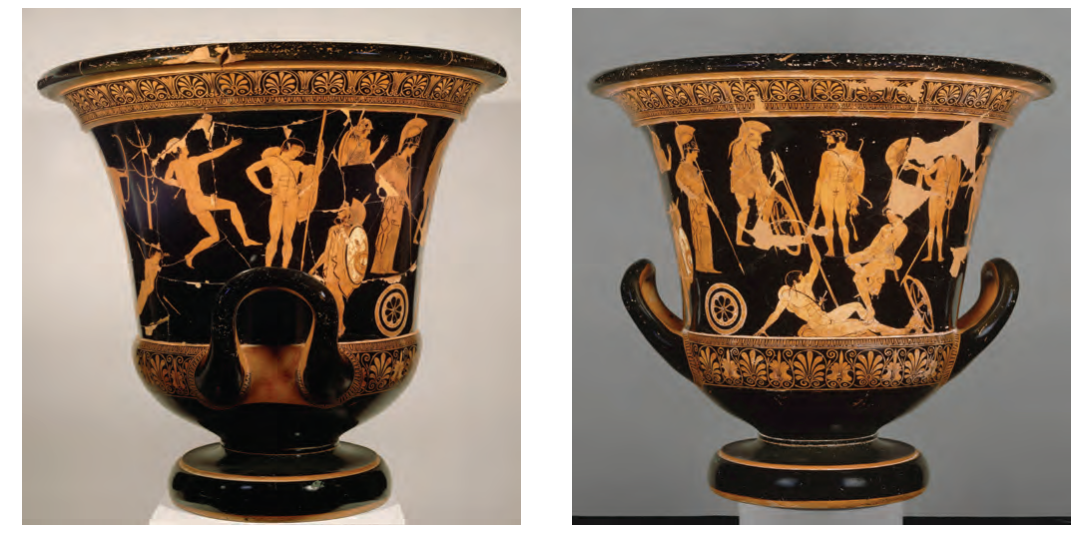
niobides krater
the niobid painter
460-450 BCE
classical greek
clay, red-figure technique w white highlights
doryphoros (spear bearer)
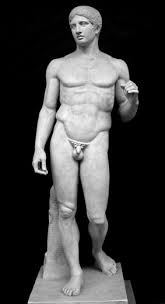
polykleitos
classical greek
450 BCE
roman copy marble of greek original bronze
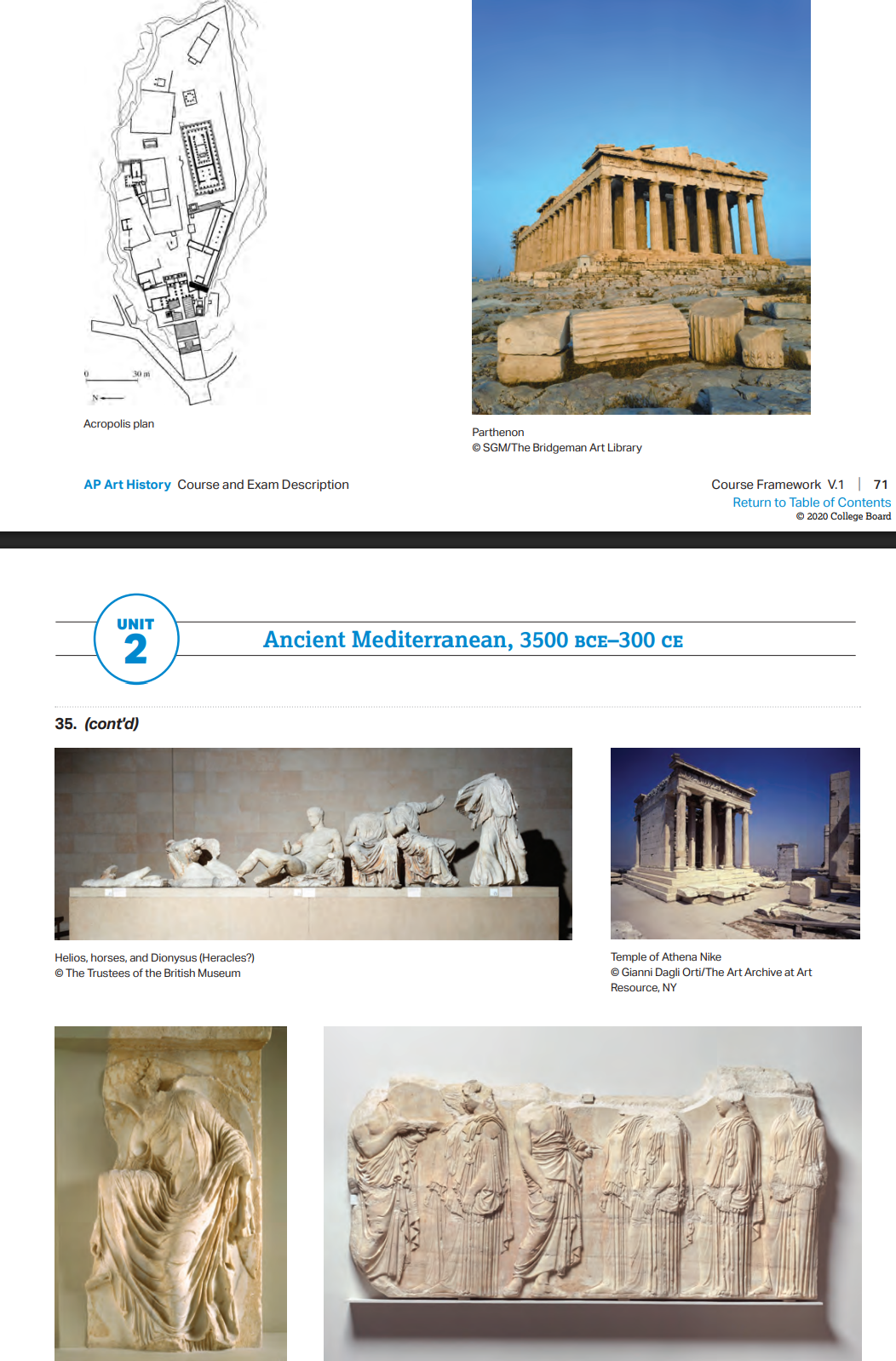
acropolis
iktinos & kallikrates
410 BCE
athens, greece
marble
grave stele of hegeso
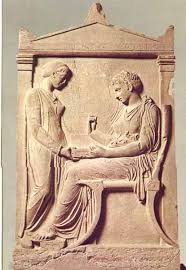
kallimachos
410 BCE
marble & paint
winged victory of samothrace
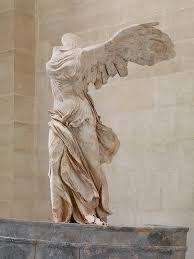
190 BCE
hellenistic greek
marble
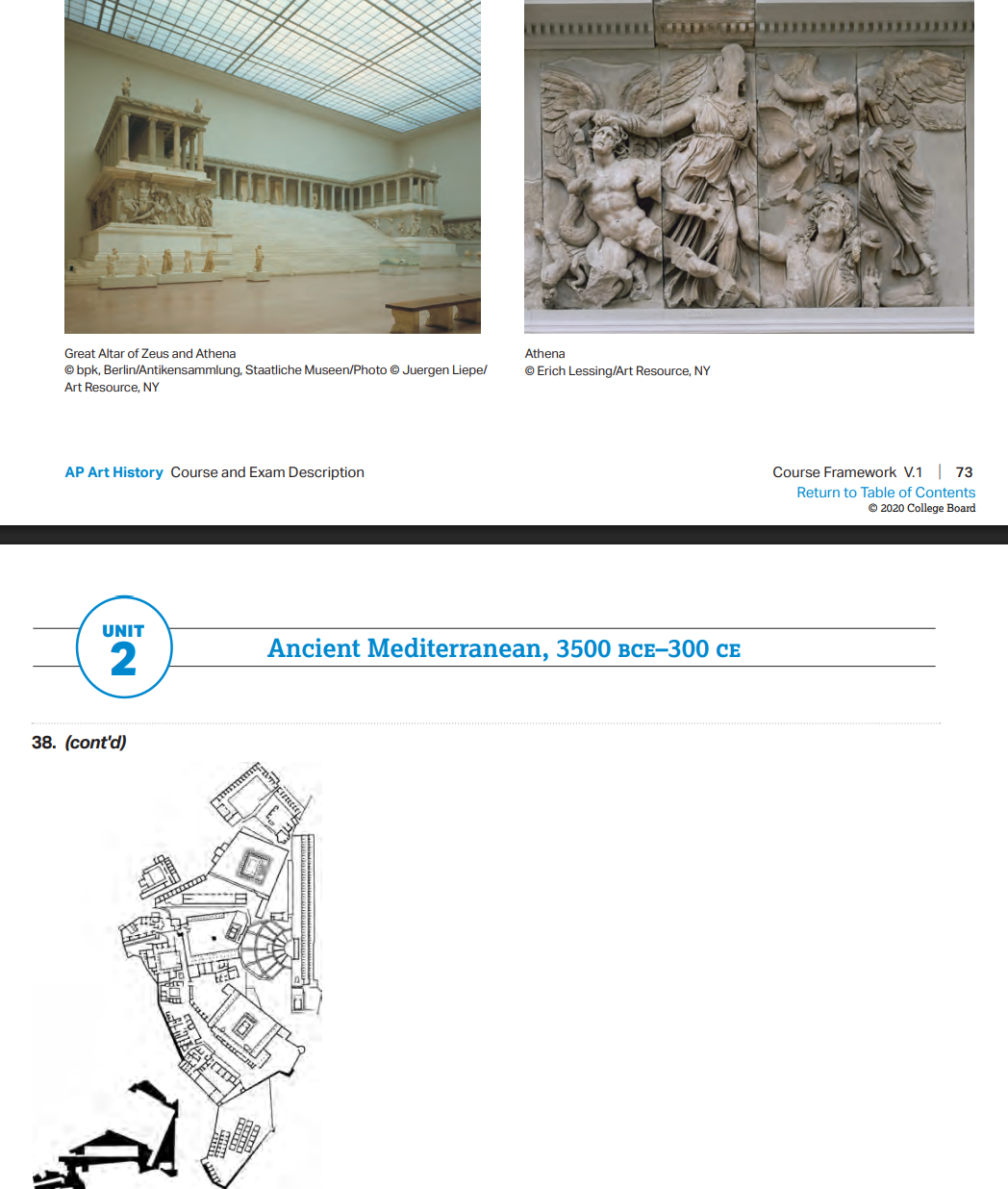
great altar of zeus & athena at pergamon
175 BCE
hellenistic greek
asia minor
marble
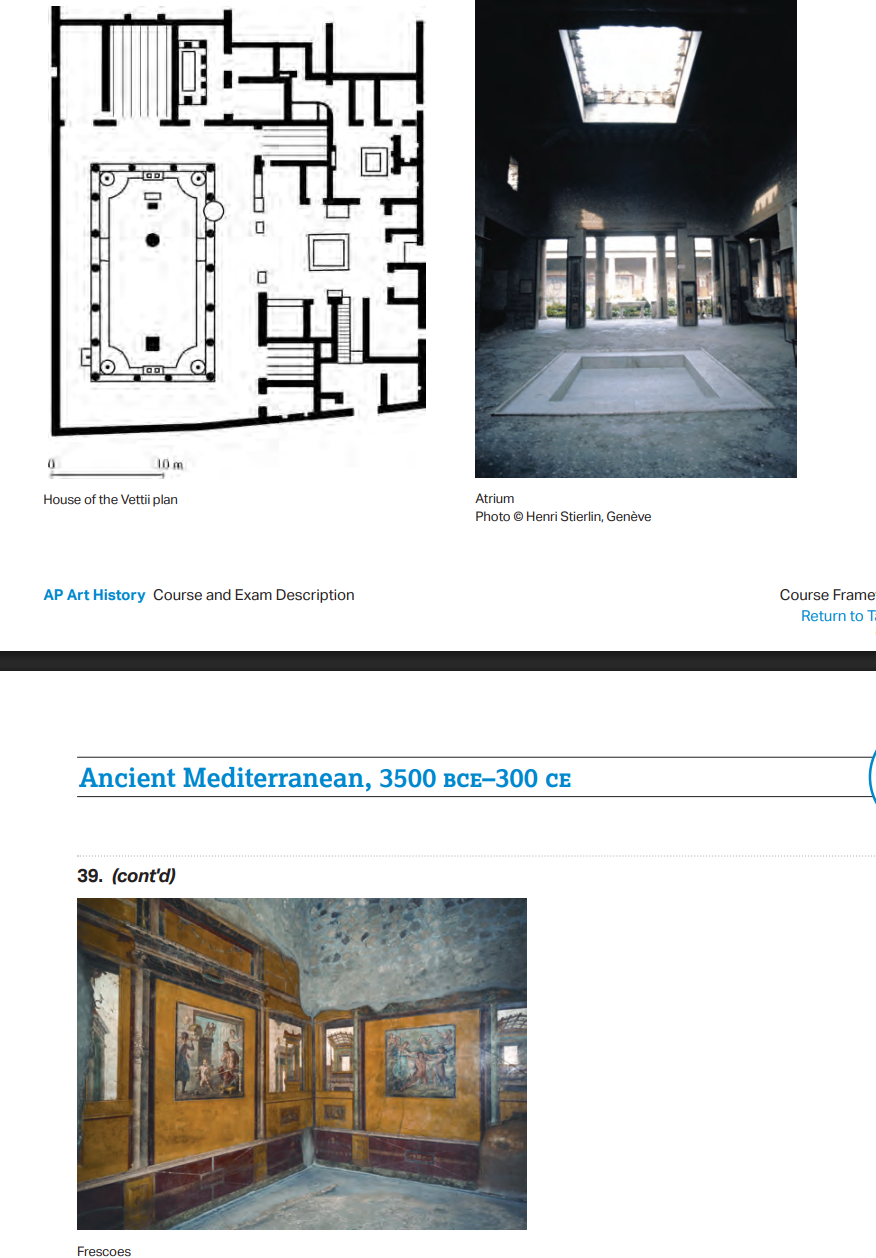
house of the vettii
70 CE
imperial roman
pompeii, italy
cut stone & fresco
alexander mosaic from the house of faun
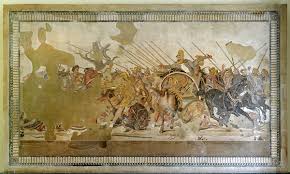
100 BCE
republican roman
mosaic
seated boxer
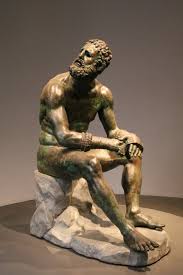
100 BCE
hellenistic greek
bronze
head of a roman patrician
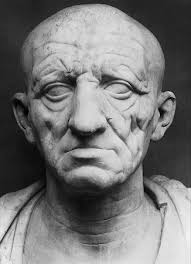
75 BCE
republican roman
marble
augustus of prima porta
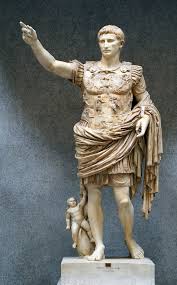
early first century
imperial roman
marble

colosseum (flavian ampitheater)
70 CE
imperial roman
rome, italy
stone & concrete
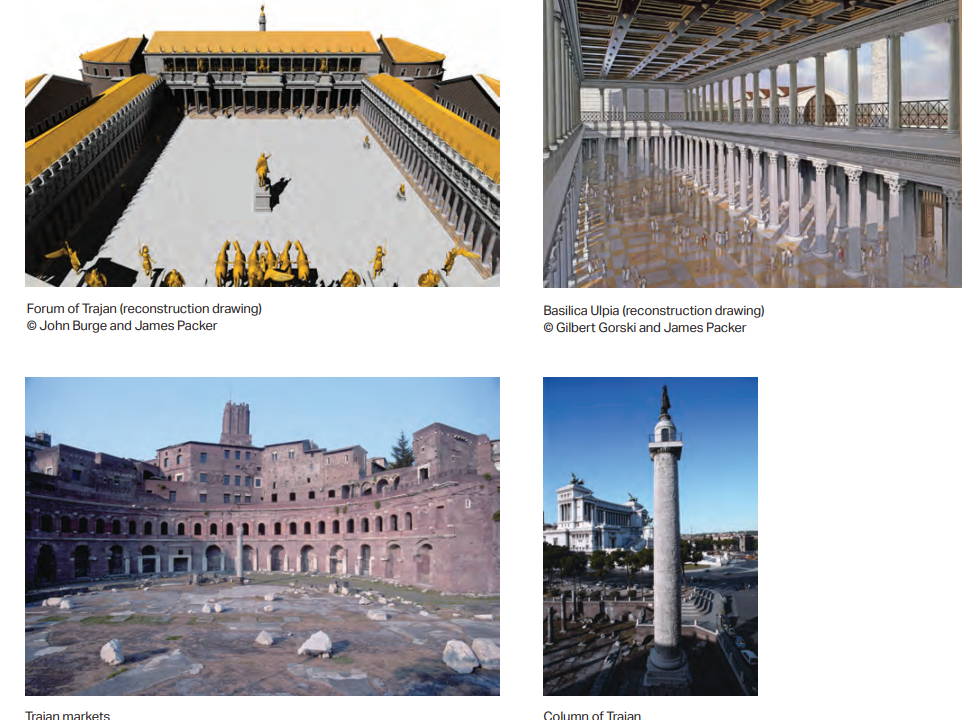
forum of trajan
apollodorus of damascus
110 CE
rome, italy
brick & concrete, marble
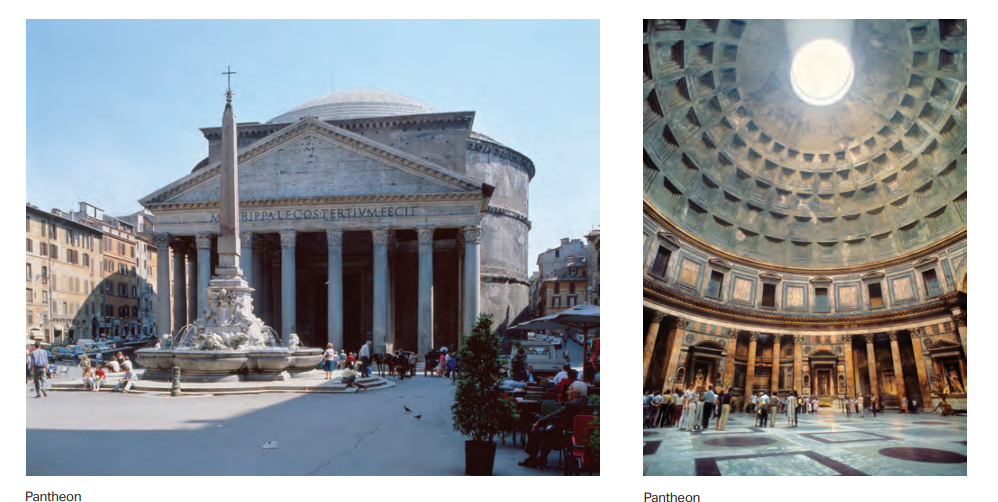
pantheon
118-125 CE
imperial roman
concrete w stone facing
ludovisi battle sarcophagus
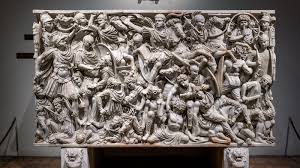
250 CE
late imperial roman
marble
catacomb of priscilla
200 - 400 CE
late antique europe
rome, italy
excavated tufa & fresco
form
painted in pompeiian style, influence from roman art
not high quality like smth found in a roman home → limited resources
content
contain several tombs of popes and christian martyrs
poor placed in loculi (simple niches), while richer christians were buried in cubicula (mortuary chapels) in ornate sarcophagi
greek chapel
not a true chapel, but a burial place for the roman woman priscilla & 2 family members
inscriptions in greek, language used by social elites in rome
3 niches for sarcophagi now lost
context
christianity was an underground religion for first few centuries of existence
extended for over 100 miles beneath rome
priscilla was the wife of a consul who was martyred, she donated the land beneath her villa
her and her family were buried in the greek chapel, now lost
function
catacombs were where dead romans were interred, was a perfect hiding place
santa sabina
422 CE
late antique europe
rome, italy
brick & stone, wooden roof
form
walls allowed light in through clerestory windows
less of a focus on geometric forms defining grounded spaces like columns or niches (man’s creation)
more of a focus on creating an airy, weightless space (gods light and creations)
walls were likely covered in mosaics & would have reflected light coming in through windows, making the interior glitter → transcendence, god as light
content
basic exterior
interior is beautifully decorated, typical of christian churches at the time
flat wooden roof w coffered ceiling
walls of basilica are thin and only thick enough to support roof
corinthian columns recycled from nearby temple, each featuring a painted motif over the capital of bread & a glass of wine (the eucharist)
context
christians adapted the roman basilica & other aspects of roman architecture to crate first churches
spolia → used and the recycling of artworks to make new artworks
men would have stood in center while women would have been relegated to side aisles
function
martyrium → a site where someone was martyred, saint sabina
was actually a roman basilica before a place of worship
rebecca & eliezer at the well and jacob wrestling the angel from the vienna genesis
early sixth century CE
early byzantine europe
illuminated manuscript (tempera, gold, silver on purple vellum)
san vitale
530 BCE
ealy byzantine europe
ravenna, italy
brick, marble, and stone veneer; mosaic
hagia sophia
anthemius of tralles & isodorus of miletus
523 CE
constantinople, istanbul
brick & ceramic elements w stone & mosaic veneer
merovingian looped fibulae
mid sixth century
early medieval europe
silver gilt worked in filigree w inlays of garnets & other stones
virgin (theotokos) and child between saints theodore & george
sixth/seventh century
early byzantine europe
encaustic on wood
lindisfarne gospels, st. matthew cross carpet page & st. luke portrait page
700 CE
early medieval europe
illuminated manuscript (ink, pigments, gold on vellum)
great mosque
785 CE
umayyad
cordoba, spain
stone masonry
pyxis of al mughira
968 CE
umayyad
ivory
church of sainte foy
1050 CE
romanesque
conques, france
stone & paint; gold, silver gemstones, enamel over for wood (reliquary)
bayeux tapestry
1080 CE
romanesque
embroidery on linen
chartres cathedral
1145 CE
gothic
chartres, france
limestone, stained glass
bibles moralisees ( dedication pafe of blanche of castile & king louis IX of france, scenes from the apocalypse)
1245 CE
gothic
illuminated manuscript (ink, tempera, gold leaf on vellum)
rottgen pieta
1300 CE
gothic
painted wood
arena (scrovegni chapel), lamentation
giotto
gothic
1304 CE
padua, italy
brick & fresco
golden haggadah (plaques of egypt, scenes of liberation, prep for passover
1320 CE
gothic
illuminated manuscript (pigments & gold leaf on vellum)
alhambra
1355 CE
nasrid dynasty
granada, spain
whitewashed adobe stucco, wood, tile, paint, gilding
annunciation triptych (merode altarpiece)
campin
northern renaissance
1430 CE
oil on wood
pazzi chapel from basilica di santa croce
brunelleschi
italian renaissance
1430 CE
florence, italy
masonry
the arnolfini portrait
van eyck
northern renaissance
1434 CE
oil on wood
david
donatello
italian renaissance
1440 CE
bronze
palazzo rucellai
alberti
italian renaissance
1450 CE
florence, italy
stone, masonry
madonna & child w 2 angels
lippi
italian renaissance
1465 CE
tempera on wood
birth of venus
botticelli
italian renaissance
1485 CE
tempera on canvas
last supper
da vinci
high renaissance
1495 CE
oil & tempera
adam & eve
durer
northern reniassance
1504 CE
engraving
sistine chapel ceiling & altar wall frescoes
michelangelo
high renaissance/mannerism
1500s CE
vatican city, italy
fresco
school of athens
raphael
high renaissance
1510 CE
fresco
isenheim altarpiece
grunewald
northern renaissance
1515 CE
oil on wood
entombment of christ
pontormo
mannerism
1525 CE
oil on wood
allegory of law and grace
cranach
northern renaissance
1530 CE
woodcut & letterpress
venus of urbino
titian
high renaissance
1538 CE
oil on canvas
frontispiece of the codex mendoza
viceroyalty of new spain
spanish colonies
1540 CE
ink & color on paper
il gesu, triumph of the name of jesus ceiling fresco
vignola (plan architect) & gaulli ( fresco)
baroque/high renaissance
16th century CE
rome, italy
brick, marble, fresco, stucco
hunters in the snow
bruegel
northern renaissance
1565 CE
oil on wood
mosque of selim II
sinan
1570 CE
edirne, turkey
brick & stone
calling of saint matthew
caravaggio
baroque
1600 CE
oil on canvas
henri IV receives portrait of marie de medici from the marie de medici cycle
rubens
baroque
1625 CE
oil on canvas
self portrait w saskia
rembrandt
baroque
1636 CE
etching
san carlo alle quattro fontane
borromini
baroque
1640 CE
rome, italy
stone & stucco
ectasy of saint teresa in the cornaro chapel
bernini
baroque
rome, italy
stucco & gilt bronze, marble
angel w arquebus
master of calamarca
spanish colonies
17th century CE
oil on canvas
las meninas
velasquez
baroque
1656 CE
oil on canvas
woman holding a balance
vermeer
baroque
1664 CE
oil on canvas
the palace at versailles
le vau & hardouin
baroque
1669 CE
versailles, france
masonry, stone, wood, iron, gold leaf; marble & bronze; gardens
screen w the siege of belgrade & hunting scene
gonzalez family
1700 CE
tempera & resin on wood, shell inlay
the virgin of guadalupe
gonzalez
spanish colonies
16th century CE
basilica of guadalupe, mexico city
oil on canvas on wood, inalid w mother of pearl
fruit & insects
ruysch
baroque
1711 CE
oil on wood
spaniard & indian produce a mestizo
juarez
spanish colonies
1715 CE
oil on canvas
the tete a tete, from marriage a la mode
hogarth
rococo
1743 CE
oil on canvas
portrait of sor juana ines de la cruz
cabrera
spanish colonial/baroque
1750
oil on canvas
a philosopher giving a lecture on the orrery
wright of derby
enlightenment
1765 CE
oil on canvas
figure’s faces represent phases of the moon
tenebrism used as inspired by baroque
audience has mixed group of middle class people of all ages and genders, show fascination
orrery - diorama of solar system where sun is a light source (lamp in orrery)
inspired by monthly meetings of lunar society, discussing scientific innocations